


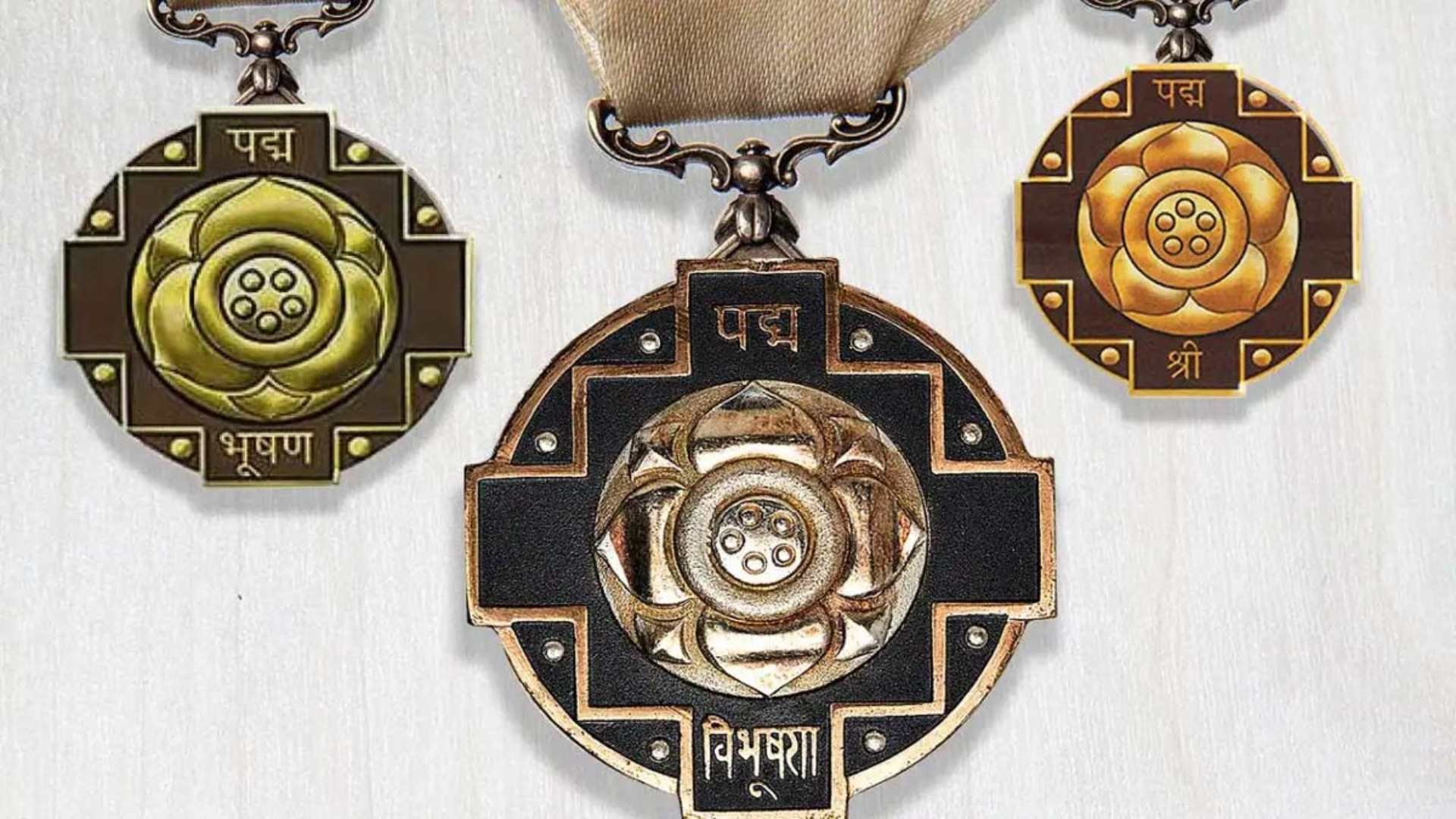
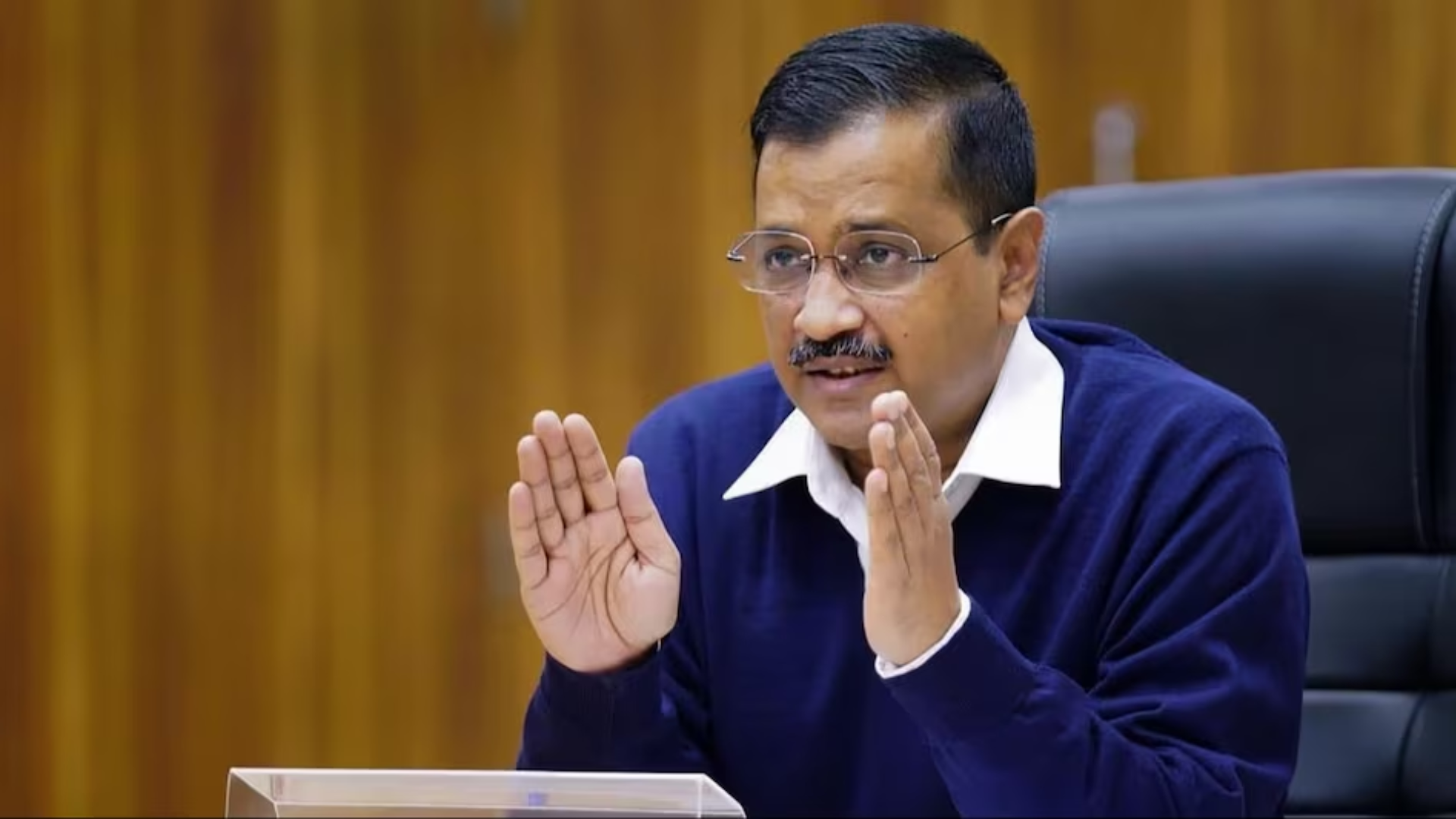

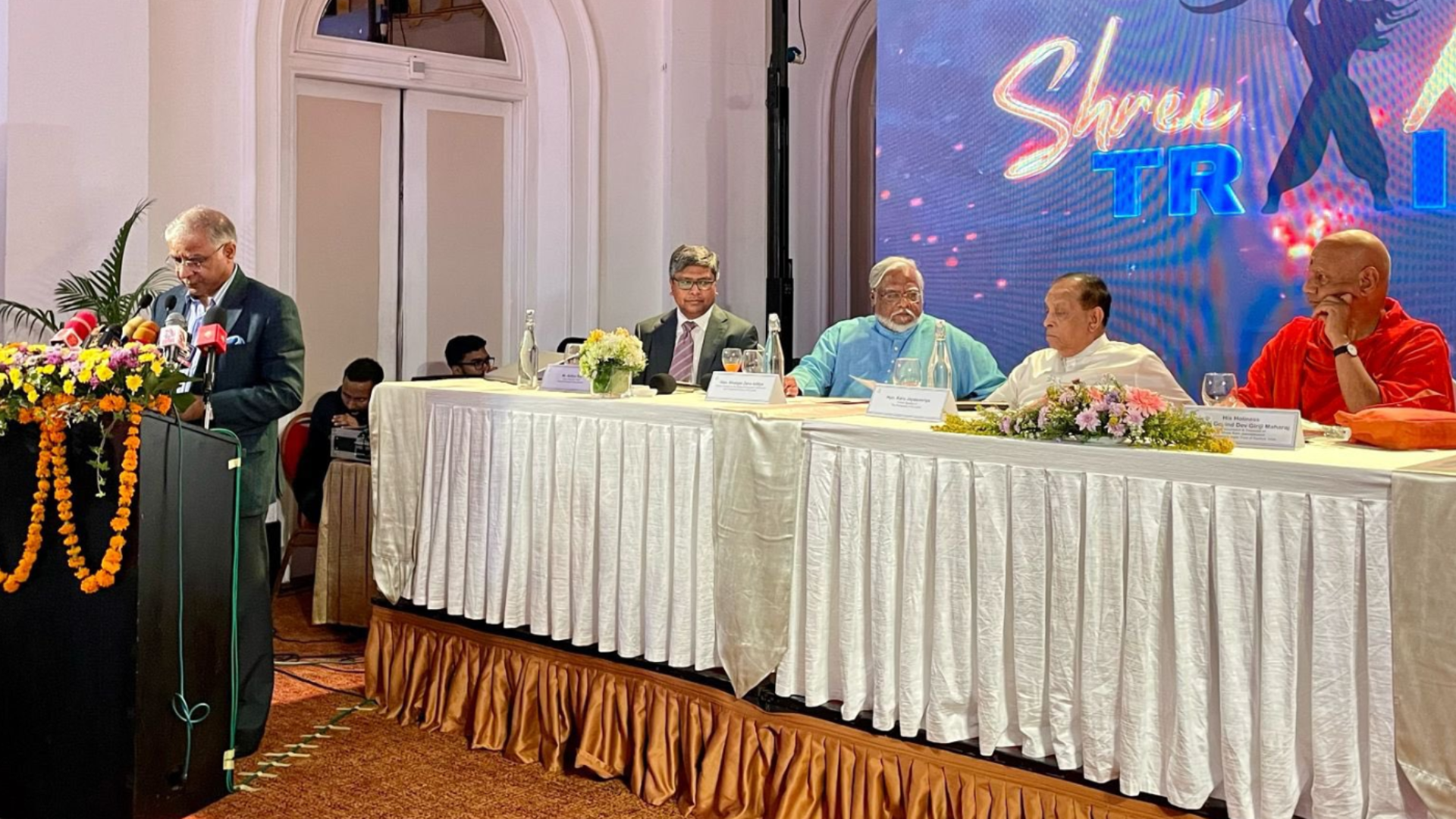
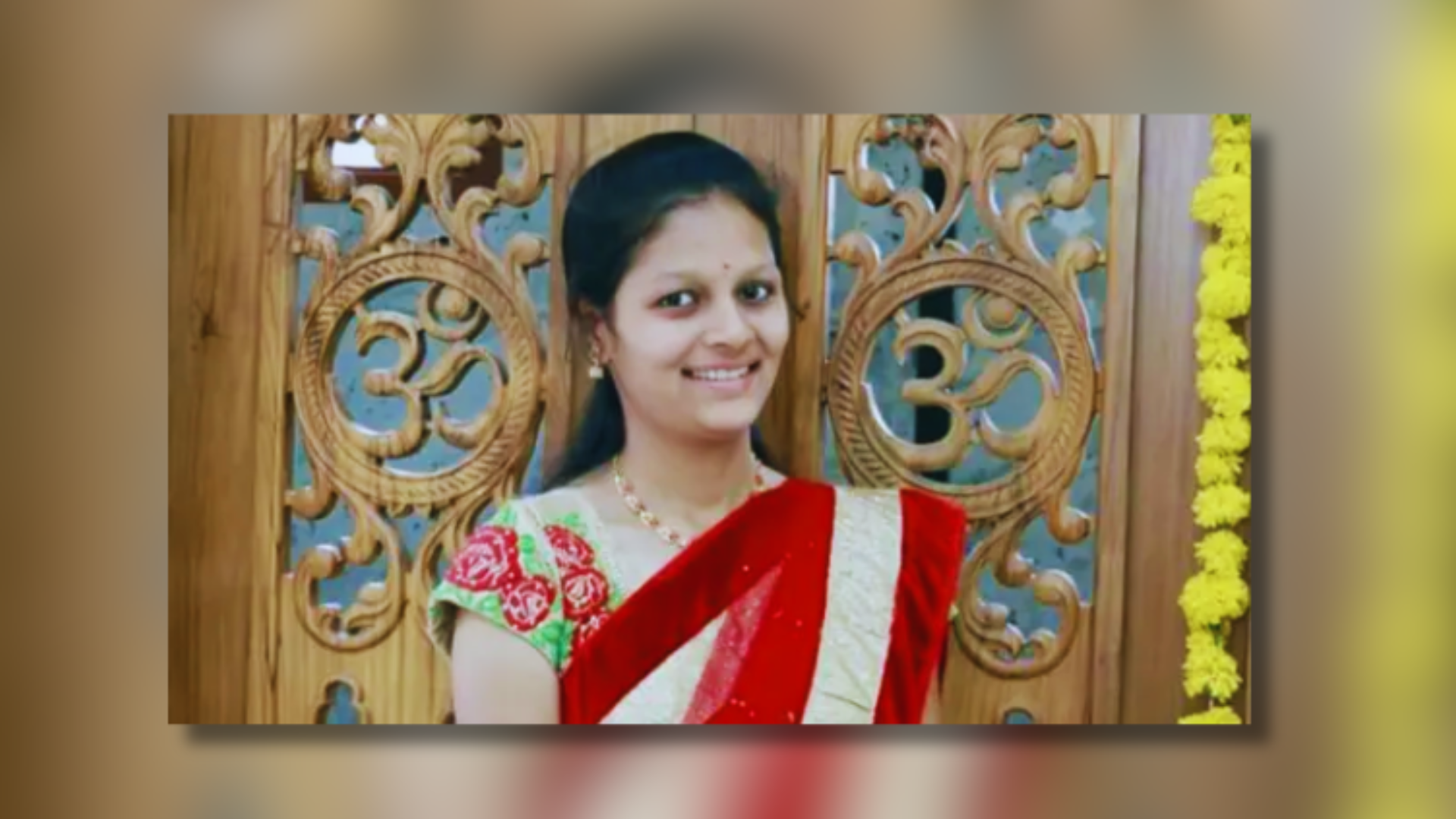
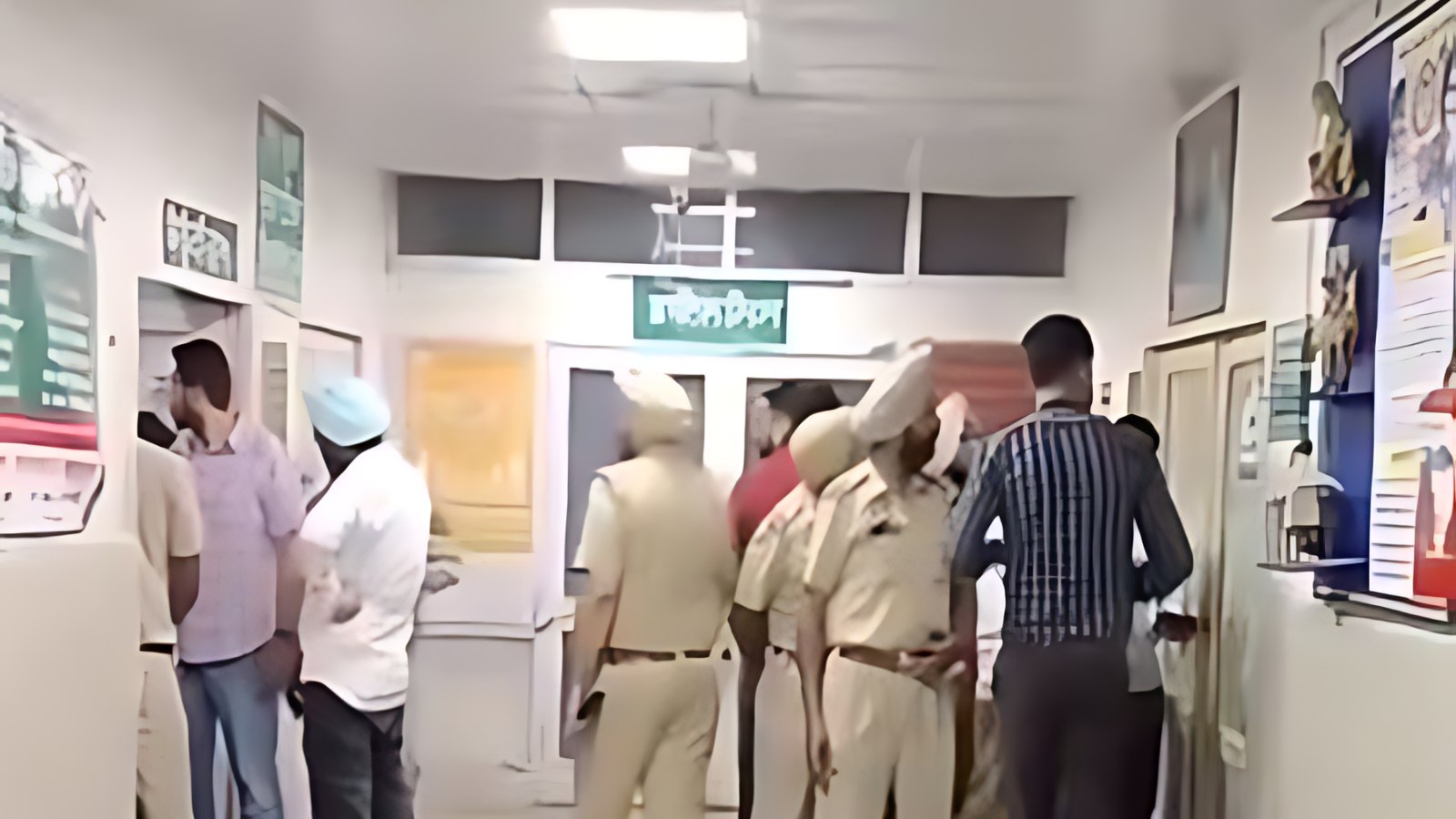
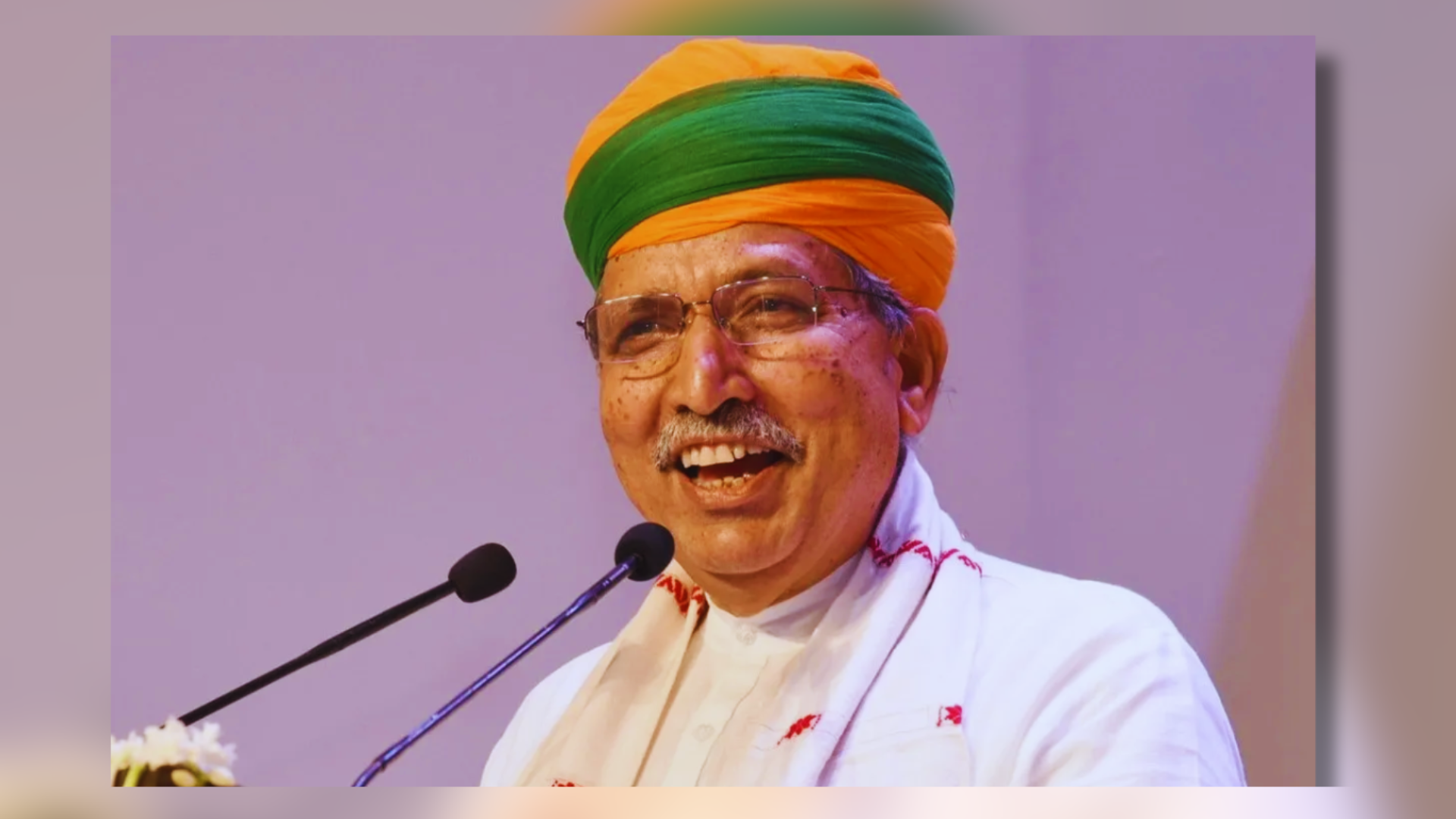
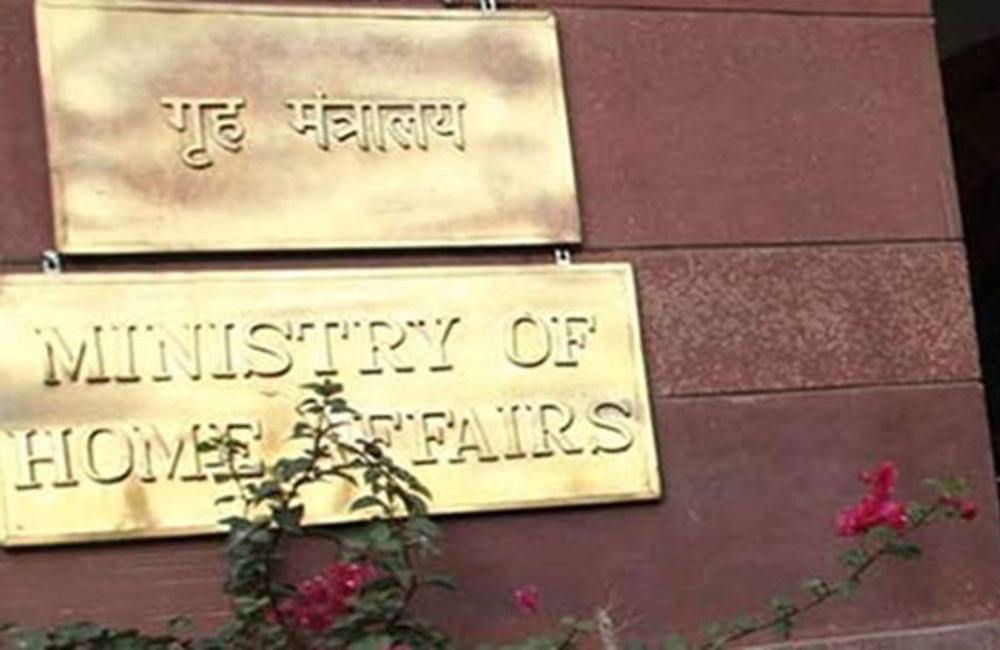
Under the new rule, now the Collectors have the right to investigate people and grant citizenship, according to officials, Mehsana and Anand collectors have been given the right to do so. According to officials, the Ministry of Home Affairs has made the entire process of getting citizenship for Hindus, Sikhs, Buddhists, Jains, Parsis, and Christians of Pakistan, Afghanistan, and Bangladesh quite simple.
Mithali Maheshwari, a resident of Tarapur in Anand and a native of Sindh, Pakistan, petitioned for citizenship and is pleased with the government’s decision.
Mithali Maheshwari claims that while her parents had already acquired citizenship in India by 2019, she, her older sister, and her younger brother still have not.
Mithali and her older sister are currently waiting to hear back about their citizenship application.
On December 11, 2019, Parliament enacted the Citizenship Amendment Act, and the next day, the President gave his consent. The Ministry announced in January 2020 that the Act would go into effect on January 10, 2020, but it later asked the Rajya Sabha and Lok Sabha Parliamentary Committees for additional time to implement the regulations because the country was experiencing its worst-ever health crisis due to the Covid-19 pandemic.
The MHA has previously requested such extensions from the Parliamentary Committees six times. The first extension for announcing CAA rules was given in June 2020.
The Act, which provides citizenship to immigrants from Pakistan, Bangladesh, and Afghanistan who are members of the Hindu, Jain, Sikh, Parsi, Christian, or Buddhist groups, was vehemently criticised by the Opposition for having a clear racial purpose and notably excluding Muslims.
The law has been read in light of Home Minister Amit Shah’s repeated claims that there would be a national effort to create the National Register of Indian Citizens (NRC) to detect illegal immigrants before the Act was approved. This was perceived as a plan to deny Muslims their rights. While there were protests around the country when the law was passed, several states have said they won’t enforce it.
The CAA’s rules have not yet been formulated, hence the legislation has not yet been put into effect.
In accordance with the Manual on Parliamentary Work, in the event that the Ministries/Departments are unable to draught the rules within the allotted six months following Presidential approval, they must “seek an extension of time from the Committee on Subordinate Legislation stating reasons for such extension,” which cannot be granted for longer than three months at a time.
Indian citizenship will only be granted to CAA-qualified recipients when the regulations governing the law are announced, as the central government has previously made plain.
The CAA’s goal is to provide Indian citizenship to persecuted minorities from Pakistan, Bangladesh, and Afghanistan who arrived in India on December 31, 2014, including Hindus, Sikhs, Jains, Buddhists, Parsis, and Christians. They won’t be considered undocumented residents or granted Indian citizenship.










